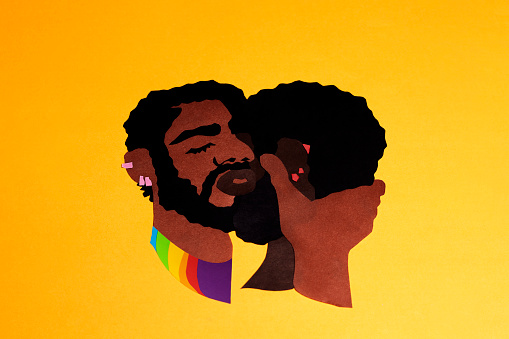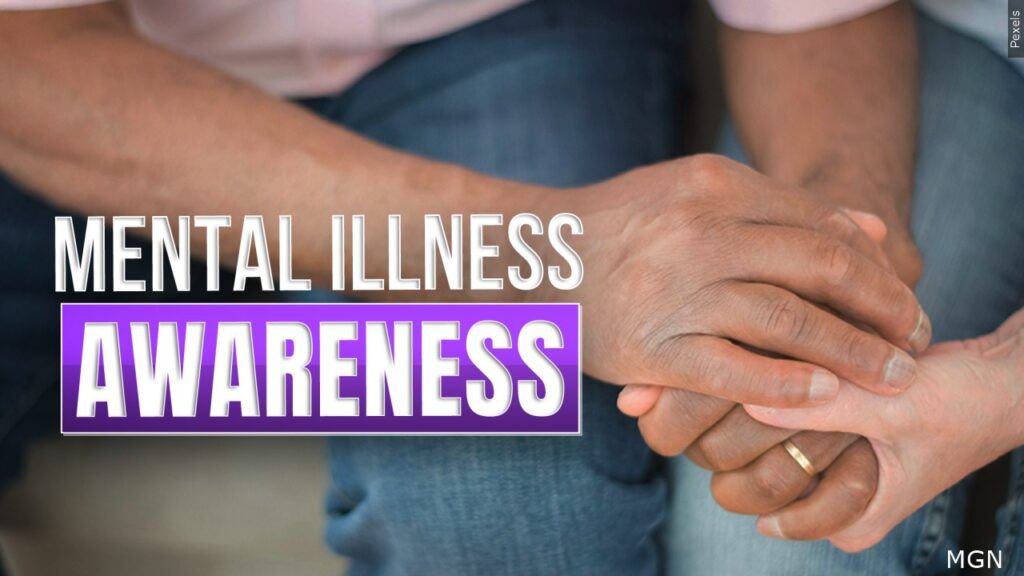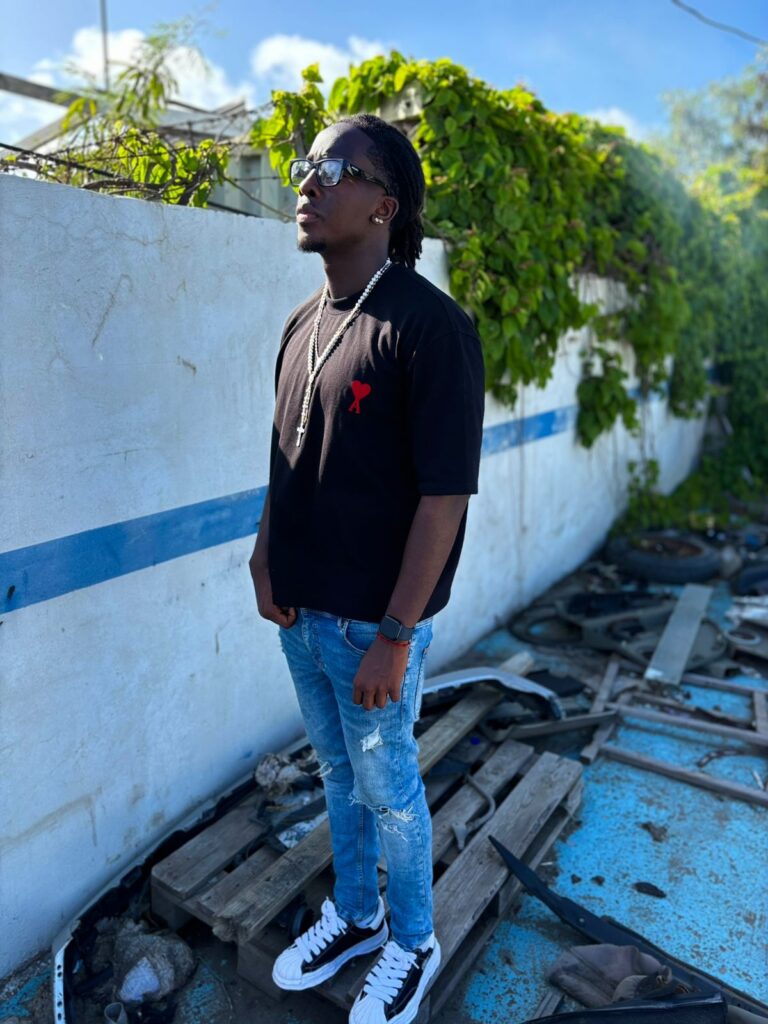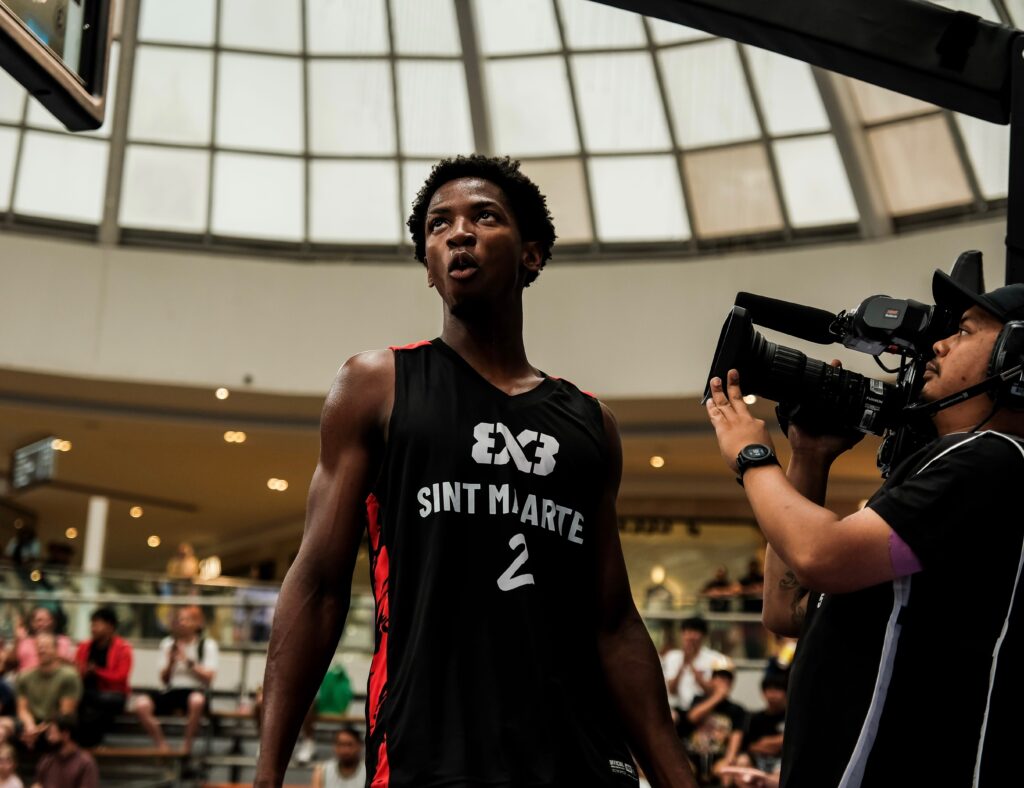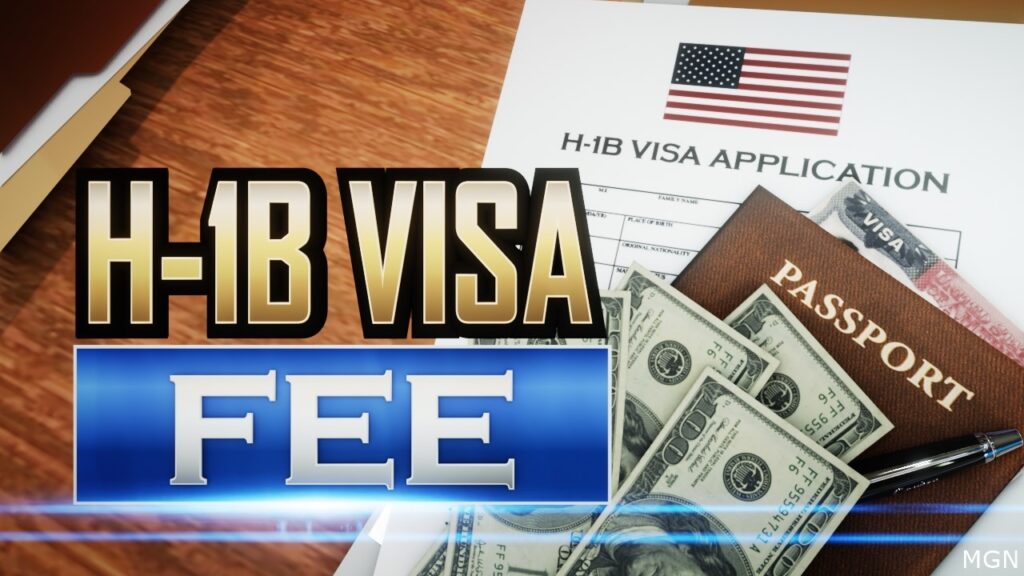In our childhood, whether it be through gender-specific clothing or gender-specific compliments, we are automatically introduced into our first social group and as we grow up we start to make affiliations as to “what girls do” and “what boys do.” However, when someone interrupts the preconceived stereotypes that we have embedded into our minds, sometimes society struggles to accept them.
Bisexual black men in society struggle on both ends of this dilemma because not only do they normally defy the gender roles that have been given to them, but also are defying what it stereotypically means to be a Black man in America. According to the Human Rights Campaign, about 40% of people of color in the LGBQT+ community identify as bisexual. However, the African American community places a taboo on bisexual Black men.
Brenton Ellis, a student at Florida A&M University, shared an experience with his grandmother where he was faced with the strict Christian principles that exist both in the Black community and against his sexuality. “She saw messages on my phone, and she pulled me to the parking lot and started reciting Bible verses,” the 18-year-old said. He eventually convinced her that these messages were just playful and she was relieved.
Ellis said this interaction played a role in delaying his coming out because of the fear of disappointment from his family and the fear of defying what the perception of being a Black man in America.
Dating back to slavery, Black men have been forced to conform to the notion that they must be hypermasculine to be respected. “Beginning with slavery, America’s sociopolitical structures and institutions have upheld a racially stratified, patriarchal class system that, to varying degrees, has oppressed everyone except wealthy white men. This reality, coupled with a desperation to escape racialized poverty, left Black men with no other choice but to attempt assimilating into the dominant culture,” Arya Baker wrote in his op-ed “Unharm Our Sons: Black Fathers, Masculinity And Mental Health.”
Black men wrestle with self-hatred and unacceptance of themselves because of these barriers, so sometimes it is hard for them to express their sexuality openly. A student at FAMU, who preferred not to be identified, stated that he had similar experiences with rebranding what it means to be a masculine Black man in society despite his sexuality. “We as a race have to realize that there is more than one way to be a black masculine person,” he said. “I have to present a diluted version of myself around Black males to keep whatever sense of masculinity I have…being around white males, one thing I noticed is that they aren’t as hyper-masculine.”
Usually Black masculinity is associated with being “hard, tough, and muscly,” says Jermaxion Andre, a student at Valencia College who identifies as bisexual. Andre feels like he defies the general standard of what it means to be masculine. “My masculinity just pops out sometimes and other times it doesn’t,” he said.
According to Pew Research Center, only 19% of bisexual people have come out to people that they consider important in their life. Andre said that he does not tell the woman he is intimate with that he is also attracted to men because “they’ll [degrade] you if you tell them.” However, Andre said that he is more comfortable expressing his sexuality to the men that he is intimate with although sometimes he is met with snide remarks.
Growing up, Andre, like many bisexual Black men, often asked himself the question of how he could be more manly. Now, he has come to the revelation that he was never going to fit into the stereotypes of what it means to be a Black man in society. Instead of fitting in, he has rebranded what it meant to be masculine and became comfortable in his own definition of masculinity.

